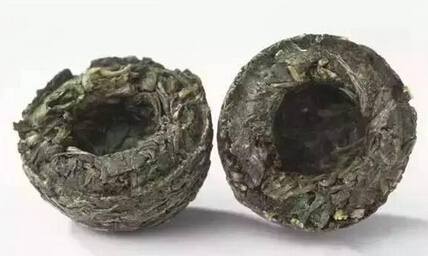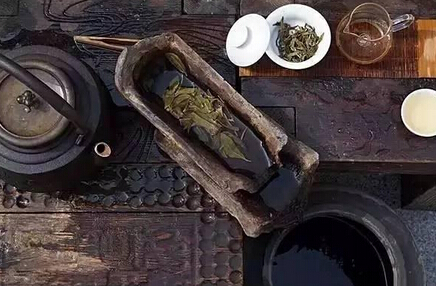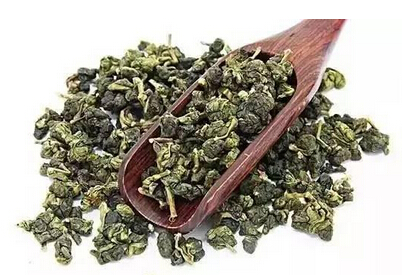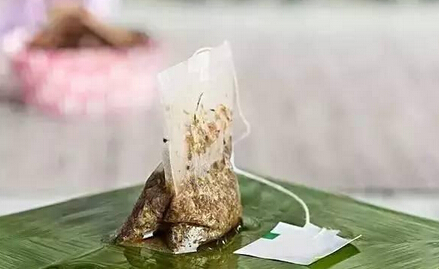
For dispelling dampness, green tea is the top choice this season. Green tea is unfermented, meaning the leaves are not oxidized, preserving most of their natural compounds. It contains high levels of caffeine, polyphenols, and other components, making it particularly effective for diuresis. Examples include Dongting Biluochun, West Lake Longjing, Huangshan Maofeng, Xinyang Maojian, and Anji White Tea, all renowned Chinese teas.

Green tea is cooling in nature, so those with cold constitutions should monitor their reactions and drink it sparingly or stop if discomfort arises. Tea lovers with stomach issues should also be cautious and reduce or avoid consumption if they experience discomfort. For others, once their constitution improves, they can alternate green tea with other teas, such as drinking green tea in the morning and other teas in the afternoon.
Pu'er Tea
Pu'er tea comes in raw and ripe varieties. Raw Pu'er is slightly cooling and can reduce internal heat, but it may irritate the stomach. Ripe Pu'er is milder, making it a better choice for those seeking to dispel dampness while protecting their stomach.

Oolong Tea
People with heavy dampness often have weak spleen and stomach functions, and some may have cold constitutions. In such cases, oolong tea, Da Hong Pao, or black tea are recommended. These warm teas aid digestion and promote qi circulation, while their diuretic properties help remove dampness.

Five-Flower Dampness-Removing Tea
This tea, based on a scientific formula by Deng Lao Herbal Tea, is brewed from honeysuckle, kapok, and other herbs. It is designed for daily use to clear heat and dampness, making it particularly suitable for humid weather or when the body feels heavy with dampness.